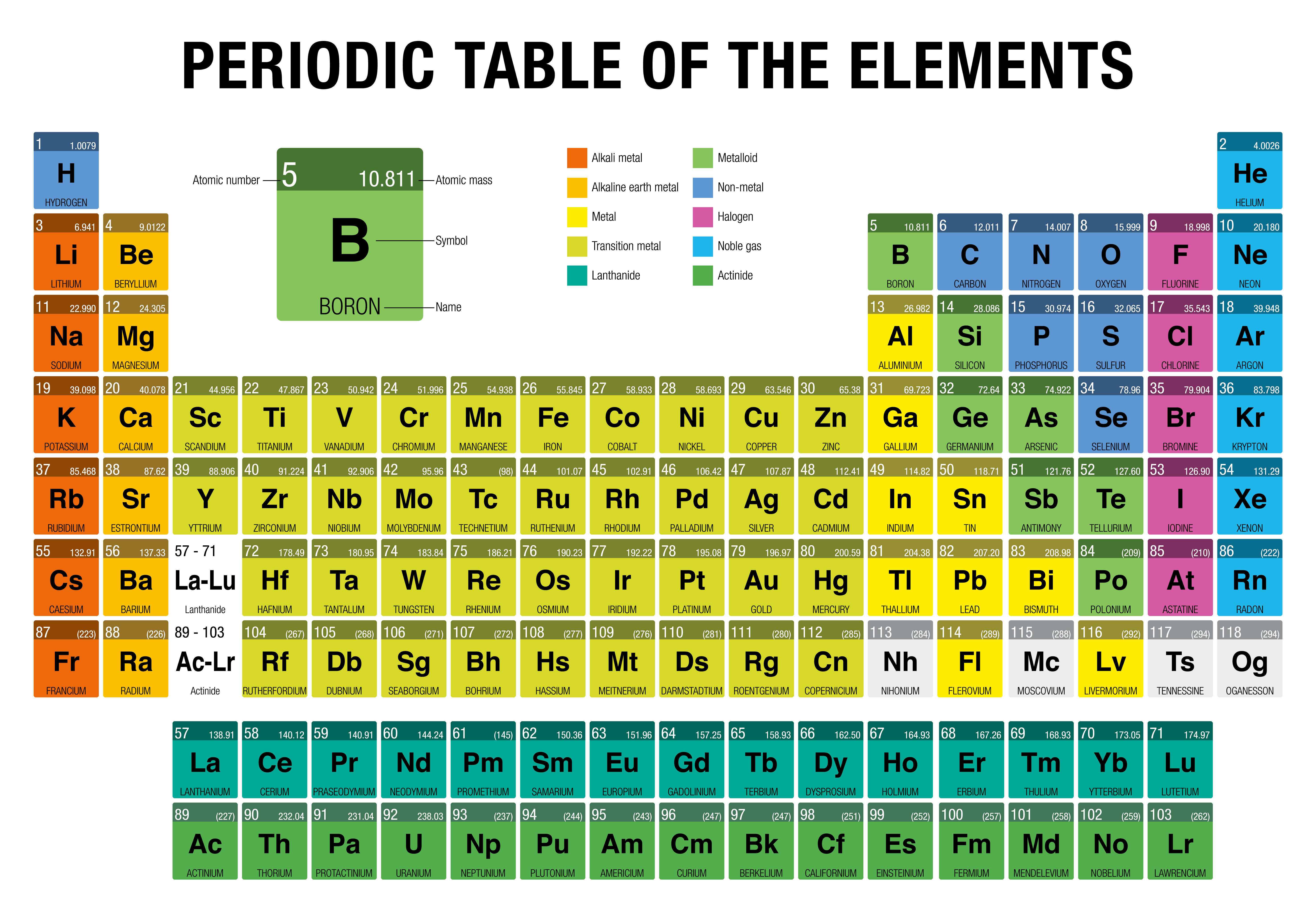There are a number of good reasons why gold became the go-to chemical to form the basis of money systems throughout history. After all, why didn’t people settle on copper or einsteinium?
In short, gold is the ideal choice for a currency as it’s relatively unreactive, relatively rare, and has a relatively low melting point. Given these characteristics and its history, the metal has picked up cultural kudos that links it to beauty, wealth, and power – all important traits when it comes to materials of value.
As of 2013, gold is no longer tied to any recognized currencies. The UK left the gold standard in 1931, followed by the US in 1971, meaning their currency doesn’t have a value directly linked to gold. It also means gold can no longer be traded as a direct payment method like cash.
However, gold has played an important part in monetary systems around the world since ancient times. The first gold coins are attributed to King Croesus of Lydia, an area in present-day Turkey, around 550 BCE. From feudal Japan to Renaissance Europe, gold became tied to many major world currencies in more recent centuries. Even Smaug from The Hobbit realized its worth.
Speaking to NPR in 2010, Sanat Kumar, a chemical engineer at Columbia University, brilliantly explained why this consensus might have come about in terms of chemistry.
If you take a close look at the elements on the periodic table, you’ll notice that most options can be quickly ruled out.

The Periodic Table, in all its glory. Image credit: Alejo Miranda/Shutterstock.com
The rightmost column on the table – noble gases – have the benefit of being chemically stable, but they are gasses, which would be pretty hard to keep in your wallet.
On the left side of the table, you’ll see alkali metals such as lithium, potassium, and sodium. While these might be relatively common, they are highly reactive. Lithium, for instance, can spontaneously burst into flames if it’s exposed to air.
Sanat said you can easily exclude another 38 elements simply because they’re too reactive. The bottom two rows can also be ruled out as they’re radioactive, which isn’t exactly ideal if you like living.
From 118 elements, we’re now down to just 30 possible candidates.
Kumar goes on to explain that it’s ideal to find a metal that’s rare, but not too rare. This leaves us with rhodium, palladium, platinum, silver, and gold.
Since rhodium and palladium weren’t identified until the early 1800s, this means they wouldn’t have been known to most cultures until relatively recently.
Platinum would be a decent option, but its melting point is 1,768°C (3214.4°F) so it would require an extremely hot furnace to meld and master. Early civilizations would not have been able to muster this heat, so they would have found it almost impossible to forge and turn into pocket-sized coins.
That leaves us with silver and gold. Silver, of course, has also been widely used in coins as currency throughout history and it does have many properties that make it desirable. However, gold is arguably the top choice as it’s less prone to tarnishing, Kumar argues.
“For the earth, with every parameter we have, gold is the sweet spot,” he explains. “It would come out no other way.”
Source Link: Why Did Gold Become The Go-To Element For Money?